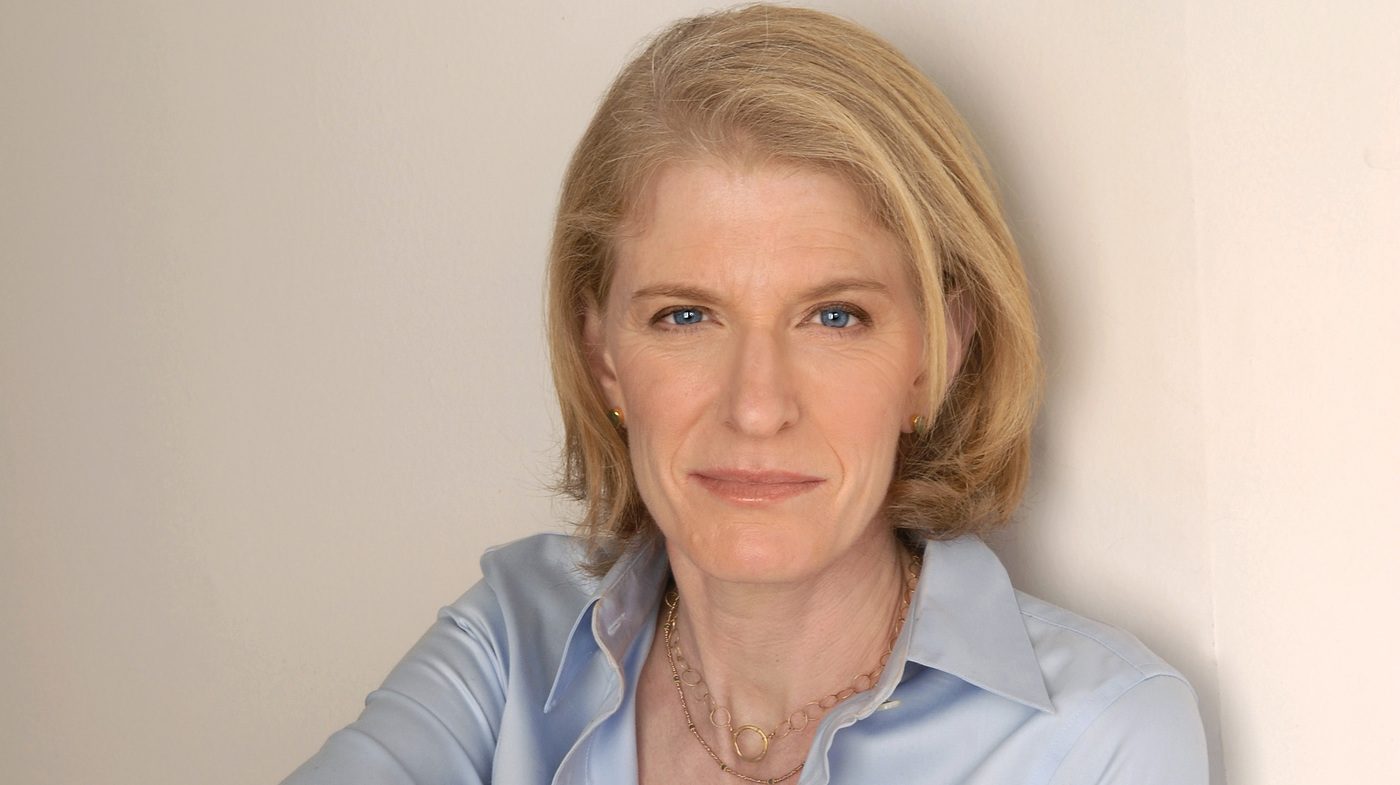An interview with faculty member Marisa Silver
Fiction faculty member Marisa Silver was recently interviewed for Lit Hub regarding her new novel, The Mysteries. Read an excerpt of the interview below:

Marisa Silver Revisits the Golden Dawn of Girlhood: The Author of The Mysteries in Conversation with Jane Ciabattari
Jane Ciabattari: I’m wondering how you’ve been managing during the tumultuous year we’ve had? Where have you been living? Have you been able to write? What have you been doing to maintain some sense of normalcy?
Marisa Silver: I’ve been in Los Angeles and, like everyone, I’ve been riding the waves of everything that’s been coming at us. I’m a person who relies on a certain degree of emotional equilibrium in order to have the mental space to create degrees of emotional unruliness on the page. But this year, equanimity is not the name of the game, is it? I was in a pretty hyper-reactive state for many months as I responded to the daily barrage of pandemic news, the horrific police shootings, the dangers of late-stage Trump, and the anxiety about the election, all of which made writing a challenge.
But at a certain point, I reclaimed some focus and got back into a steady rhythm of work, which created its own kind of solace. Normalcy is an interesting word, and I’ve thought a lot about what it suggests, and what it means to “go back.” I think we all want to go back to patterns we relied on and enjoyed because they were known, but there is also a way in which maybe we should not be looking to recreate a normal that was predicated on intolerance and take-no-prisoners individualism that so much of the upheaval has exposed.
JC: What inspired your new novel, The Mysteries?
MS: My parents are both gone now, and I think a lot about how very little, in the end, I know about their early lives. I think this is true for many people. Parents pass on certain stories but not others—they can’t possibly download their entire experience to their kids, nor should they. I think about what we are trying to communicate about ourselves or the events that formed us through the anecdotes we do tell our kids. Why does one memory feel important enough, even urgent, to relate?
Of the handful of stories my father told me about his childhood, one included an event similar to the one that forms the tragedy at the center of my novel, an event he witnessed as a young boy. He described what happened, but told me nothing about how he felt, or how his mother, who was partially responsible, felt. He did not tell me anything about the aftermath. I understood—not then, but later—that what happened that day was fundamentally important to him because he chose to let me know about it. Writing a novel inspired by what he told me was a way for me to find out why.
Read the rest of the interview here: https://lithub.com/marisa-silver-revisits-the-golden-dawn-of-girlhood



